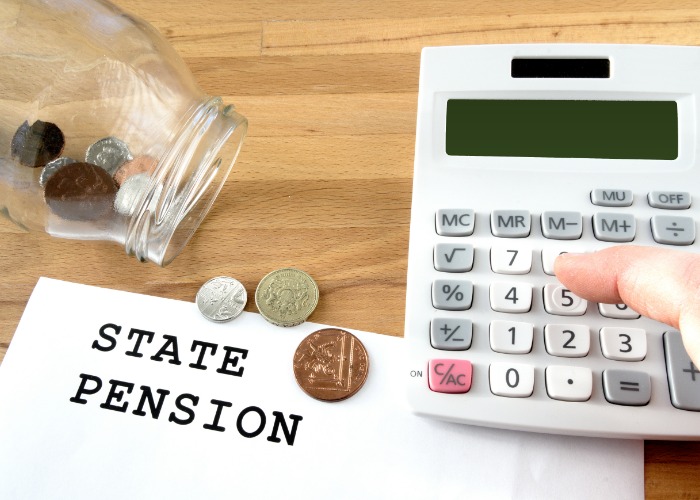State Pension and the Personal Allowance: will you have to pay tax on your income?

The State Pension increase will see many more retirees hit with a tax bill in 2024, according to new analysis.
Pensioners are in line for a second straight massive increase to the size of the State Pension off the back of enormous wage growth.
As we explained last week, the State Pension triple lock is likely to result in an 8.5% increase to payouts from April 2024.
Such a significant boost to pensioner incomes is clearly going to be welcomed by the nation’s older people, particularly given the rising costs we have all faced on virtually everything we buy.
However, it would seem that significant numbers of pensioners will not feel the full impact of that hike, and instead have to hand over a chunk to the taxman.
We briefly mentioned the tax implications of this pay hike in our previous article, but we wanted to go through it in a little more detail here so readers can understand exactly what it might mean for them.
Will you be taxed on the State Pension 2023/24?
Analysis from pensions consultancy LCP suggests that hundreds of thousands of pensioners will be dragged into paying Income Tax on their pensions due to the increase.
Pensioners, just like regular workers, enjoy a Personal Tax Allowance of £12,570 each year ‒ that’s how much they can earn before paying Income Tax.
And data from HM Revenue & Customs suggests that between 2022/23 and 2023/24 the number of those aged 65 or above paying Income Tax grew from 7.73 million to 8.5 million, as a result of last year’s 10.1% hike.
LCP reckons that an 8.5% jump would mean the number of tax-paying pensioners would increase still further to 9.15 million, effectively another 650,000 older people paying Income Tax.
That’s a huge number of older people who are not going to feel the full effects of the pay increase taking place to their State Pension.
It’s also another excellent example of just how effective freezing tax thresholds is as a stealth tax.
By keeping not only the personal allowance at the same level, but the thresholds for basic, higher and additional rates of Income Tax too, then wage growth just pushes more and more people into higher bands.
The Government doesn’t have to increase tax rates, and yet still sees its receipts go up, simply because of inflation.
Is the triple lock safe?
However, it’s worth noting that there is some uncertainty around whether any of this will actually happen.
There has been speculation that the triple lock may not be quite as solid as it seems, with suggestions the Government is looking at tweaking it in some way.
The idea is that this could mean a smaller increase for pensioners, and save the Treasury some money in the process.
It was notable that the Prime Minister, Rishi Sunak, has chosen not to confirm that pensioners will get an 8.5% increase, with talk that the Government will instead opt to use a different wage growth figure.
That 8.5% is the growth in total pay, which includes bonuses, whereas if the Government used the regular pay figure ‒ which does not include bonuses, it would mean a rise of 7.8% instead.
That might not seem like much of a difference, but spread over the millions of pensioners in the UK it works out as a huge saving.
There is some form for adapting the triple lock when necessary too, as we saw during the pandemic, though whether the Government would feel doing so with a general election on the horizon is debatable.
Comments
Be the first to comment
Do you want to comment on this article? You need to be signed in for this feature